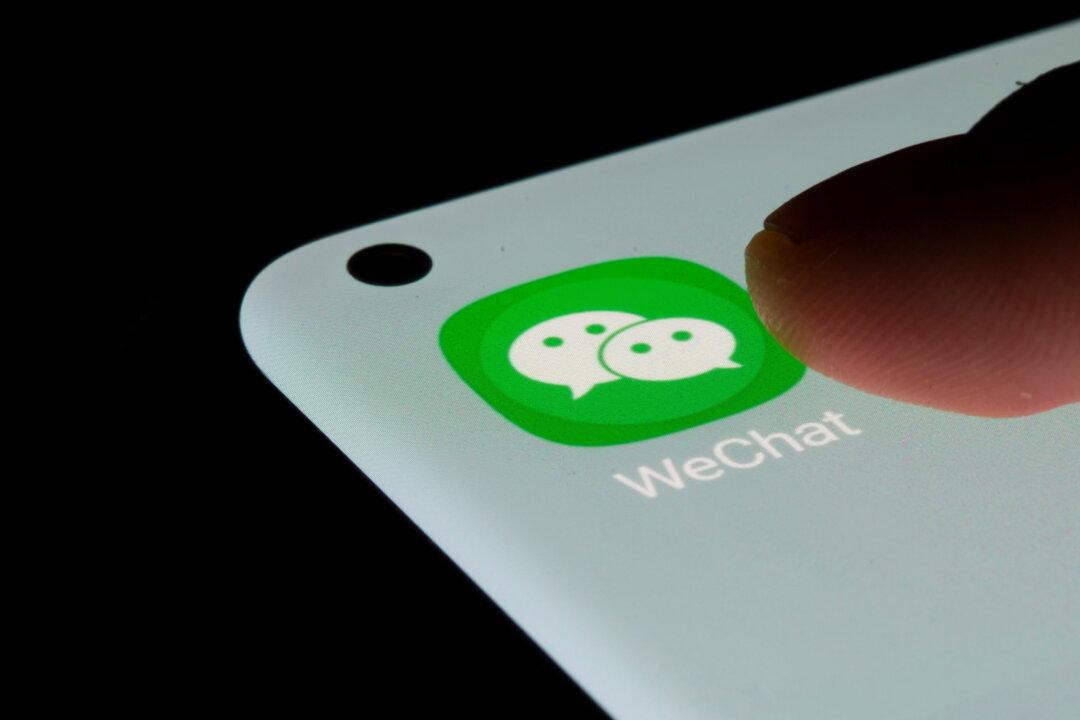Canada has banned the Chinese social media and messaging application WeChat and the Russian anti-virus program Kaspersky from government-issued mobile devices, citing security risks.
“Effective October 30, 2023, the WeChat and Kaspersky suite of applications will be removed from government-issued mobile devices,” said Treasury Board President Anita Anand in a statement released Oct. 30. “Users of these devices will also be blocked from downloading the applications in the future.”





